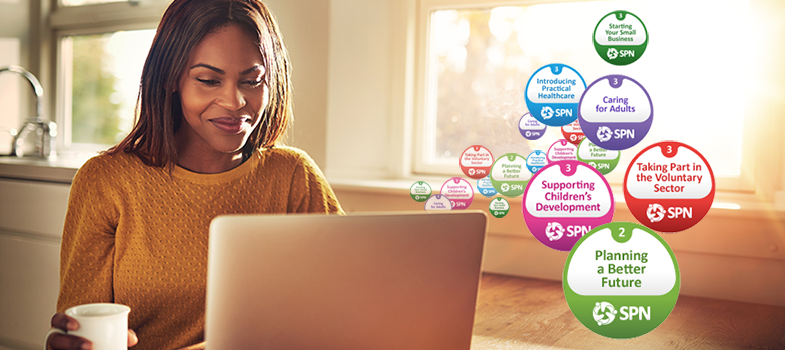Developing and managing relationships
Introduction
In this section of the course you will be looking at the development of children’s relationships, both within the family and in schools. It is not intended to be a comprehensive account of how children grow and develop. What it aims to consider are some of the experiences and challenges faced by children and their parents/carers in society today and introduces you to important theories of how children develop and mature.
This section is divided into three topics:
The importance of the early years looks at what babies and toddlers get from having a range of relationships and why securing early relationships is important to babies and young children.
Parents as partners explores the development of relationships with reference to some of the main theorists who have shaped our understanding. You will also focus on how the nature of parenting can affect children’s development, and the importance of the relationships between parents and practitioners.
Children’s transitions focuses on the importance of understanding significant changes in the lives of children as they move from one stage of development to another. ‘Transition’ literally means ‘passing from one place, condition, form, stage or activity, to another’ (YourDictionary, nd).
We all experience different sorts of transitions on a daily basis and throughout our lives. A horizontal transition involves literally a move from one place to another, such as from home to school. A vertical transition involves a change of experience such as ‘moving up’ from nursery to primary school, or from primary to secondary. Education-associated transitions are less obvious and refer to the less formal changes in children’s lives and routines that occur outside an institutional setting. These changes may occur in everyday life away from school but can affect and shape children’s lives and well-being. Divorce would be an example of this sort of change.
